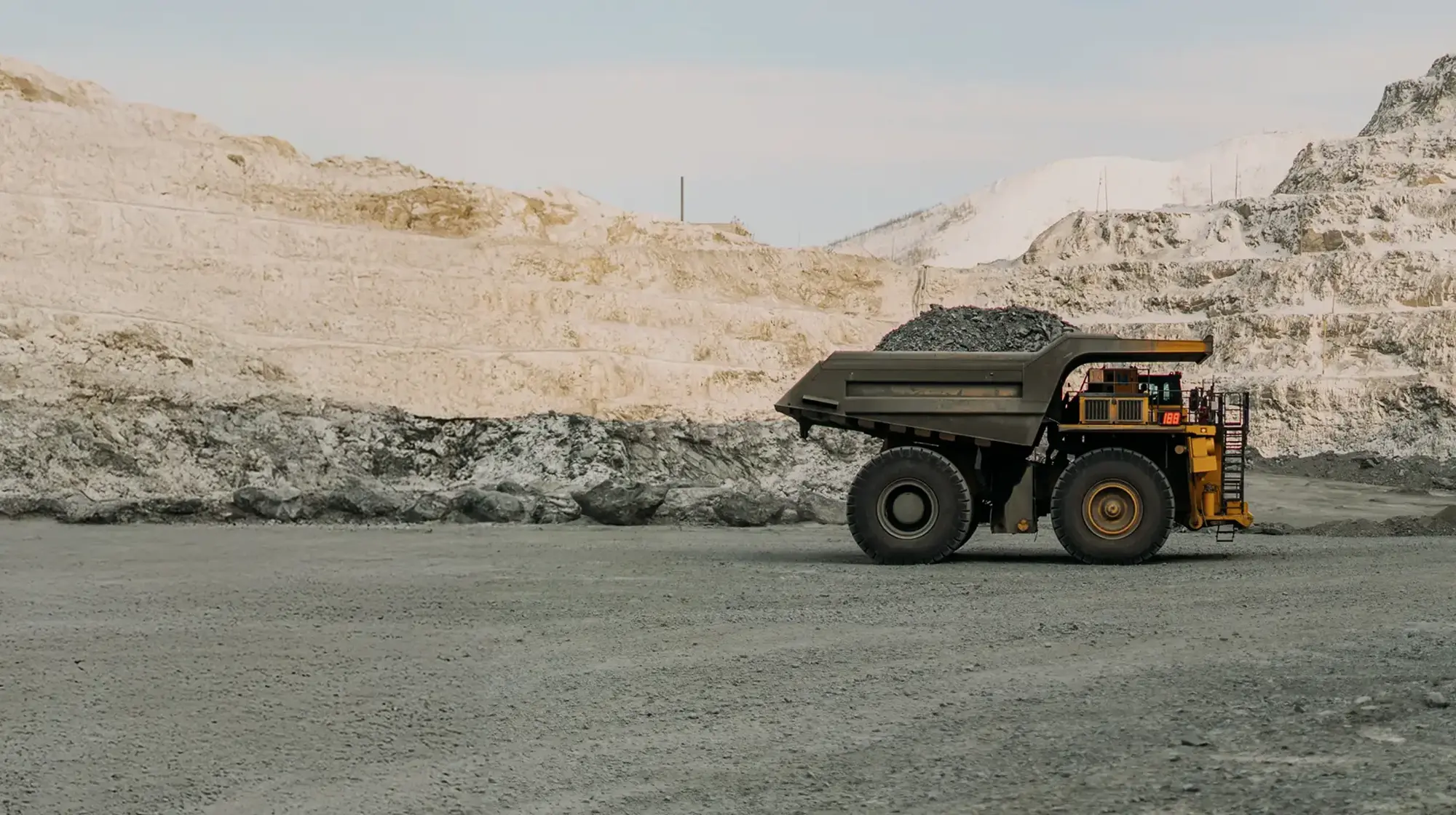Released April 13, 2007 | JOHANNESBURG, SOUTH AFRICA
en
Written by Richard Finlayson, Senior International Editor for Industrial Info Resources (Sugar Land, Texas). There are some mixed messages regarding Chinas metals resource sector as the central government in Beijing makes repeated attempts to curb inefficient production capacity expansion in the sector but, at the same time, acknowledges the need to keep materials supply up with the frenetic growth rate of industrial and infrastructure expansion in the country.
The president of China Nonferrous Metals Industry, Kang Yi, said that in 2006 the countrys output of single variety non-ferrous metals was at a record high. In 2006, China produced some 2.9989 million tons of copper, 9.349 million tons of aluminum, 2.7355 million tons of lead, 3.153 million tons of zinc, 107,700 tons of nickel, 138,100 tons of tin, 150,100 tons of antimony, 542,200 tons of magnesium and 13,300 tons of titanium. China was the world leader in all these metal categories with the exception of nickel output. The countrys non-ferrous industry made a total profit of $14.42 billion, which showed a year on year increase of $ 7.1 billion.
Chinas non-ferrous industry will continue to develop rapidly in 2007, said Kang Yi, with growing demand maintaining prices at a high level. But, he warned, the industry faces some development challenges, availability of resources, energy conservation and strict control of macroeconomic policy.
The aluminum sector illustrates some of the cross currents between central planning and booming industry. Investment in the aluminum smelting sector soared 124.3% year-on-year in the first two months of 2007 and the National Development Reform Commission (NDRC), the countrys top planning body, urged that investment in the sector should be curbed. The NDRC said investment in aluminum smelters increased when prices for aluminum products were rising and shortage of electricity supply was eased. But now, the NDRC says, there is an oversupply of aluminum and prices are dropping and the industry has entered a key stage. The commission has sent out an urgent notice asking related government bodies to stop aluminum projects that fail to meet industry policies, environment evaluation and other related regulations, Xinhua reports. The notice also asks that the industry entry threshold should be lifted and that market monitoring should be strengthened.
At the same time the countrys General Customs Administration (CGA) reported that Chinas primary aluminum and aluminum alloy exports fell 51% to 141,965 tons in the first quarter of the year compared with the same period in 2006.
Against the background of government moves to take the heat out of the industry and product oversupply, Aluminum Corporation of China (Chalco) (Shanghai) said that it had begun constructing two aluminum factories in northwestern China with a combined project investment total of $ 518 million and an annual production capacity of 200,000 tons.
Chalco, Chinas largest alumina miner and producer of finished aluminum, said that the new plant in Lanzhou will produce aluminum sheet and the smelter in Longxi will focus on aluminum strip and foil. No completion dates for the plants were given.
Industrial Info Resources (IIR) provides marketing communication services ranging from industrial database solutions to market forecasting, custom analytics, and specialty promotions that support high-level image campaigns.
The president of China Nonferrous Metals Industry, Kang Yi, said that in 2006 the countrys output of single variety non-ferrous metals was at a record high. In 2006, China produced some 2.9989 million tons of copper, 9.349 million tons of aluminum, 2.7355 million tons of lead, 3.153 million tons of zinc, 107,700 tons of nickel, 138,100 tons of tin, 150,100 tons of antimony, 542,200 tons of magnesium and 13,300 tons of titanium. China was the world leader in all these metal categories with the exception of nickel output. The countrys non-ferrous industry made a total profit of $14.42 billion, which showed a year on year increase of $ 7.1 billion.
Chinas non-ferrous industry will continue to develop rapidly in 2007, said Kang Yi, with growing demand maintaining prices at a high level. But, he warned, the industry faces some development challenges, availability of resources, energy conservation and strict control of macroeconomic policy.
The aluminum sector illustrates some of the cross currents between central planning and booming industry. Investment in the aluminum smelting sector soared 124.3% year-on-year in the first two months of 2007 and the National Development Reform Commission (NDRC), the countrys top planning body, urged that investment in the sector should be curbed. The NDRC said investment in aluminum smelters increased when prices for aluminum products were rising and shortage of electricity supply was eased. But now, the NDRC says, there is an oversupply of aluminum and prices are dropping and the industry has entered a key stage. The commission has sent out an urgent notice asking related government bodies to stop aluminum projects that fail to meet industry policies, environment evaluation and other related regulations, Xinhua reports. The notice also asks that the industry entry threshold should be lifted and that market monitoring should be strengthened.
At the same time the countrys General Customs Administration (CGA) reported that Chinas primary aluminum and aluminum alloy exports fell 51% to 141,965 tons in the first quarter of the year compared with the same period in 2006.
Against the background of government moves to take the heat out of the industry and product oversupply, Aluminum Corporation of China (Chalco) (Shanghai) said that it had begun constructing two aluminum factories in northwestern China with a combined project investment total of $ 518 million and an annual production capacity of 200,000 tons.
Chalco, Chinas largest alumina miner and producer of finished aluminum, said that the new plant in Lanzhou will produce aluminum sheet and the smelter in Longxi will focus on aluminum strip and foil. No completion dates for the plants were given.
Industrial Info Resources (IIR) provides marketing communication services ranging from industrial database solutions to market forecasting, custom analytics, and specialty promotions that support high-level image campaigns.


